Saudi Arabia's government plans to sell a 15 percent stake in National Commercial Bank (NCB), the country's largest lender by assets, in an initial public offer that would be the kingdom's first bank IPO since 2008.
Finance Minister Ibrahim Alassaf said the IPO plan would be submitted to the market regulator in the third quarter of this year, state news agency SPA reported on Thursday. Sovereign fund Public Investment Fund will be the seller.
The fund, which currently owns most of NCB, will also sell an additional 10 percent stake to the government's Public Pension Agency.
Alassaf did not discuss the pricing of the IPO but it is likely to be one of Saudi Arabia's biggest, since NCB has assets of $101 billion and made a net profit of $2.1 billion last year. Analysts said it would likely be one of the three largest stocks on the Saudi bourse.
NCB owns 90.7 percent of investment firm NCB Capital and has a 66.3 percent stake in Turkiye Finans Katilim Bankasi, an Islamic bank in Turkey.
"The market has been waiting for years for this IPO and it will be a very strong addition to the banking sector and the overall economy," said Turki Fadaak, head of research at local firm al-Bilad Investment Co.
He said that since NCB was the last major Saudi bank to be listed, its IPO would increase the transparency of the stock market as it began following the financial reporting practices of listed firms. Mazen al-Sedery, head of research at al-Istithmar Capital, said NCB accounted for about 16 percent of total bank lending in the kingdom, and its listing would stimulate investor interest in the sector.
Saudi Arabia does not allow direct foreign investment in its stock market; foreigners must buy stocks through swaps or exchange-traded funds. Authorities are preparing to open the market but it is not clear when this will happen.
However, foreign interest in the market has been increasing because of the country's strong economic growth and its oil-fuelled trade and budget surpluses, which insulate it from turmoil in emerging markets.
A monthly Reuters survey of Middle East-based fund managers, published on Thursday, found 60 percent said they expected to raise equity allocations to Saudi Arabia over the next three months.
BR100
15,085
Increased By
112.5 (0.75%)
BR30
44,012
Increased By
987.7 (2.3%)
KSE100
148,618
Increased By
1274.3 (0.86%)
KSE30
45,248
Increased By
370.7 (0.83%)







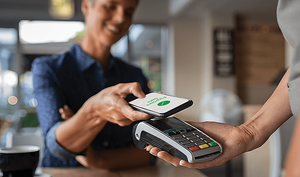





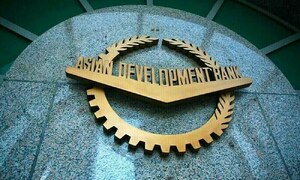
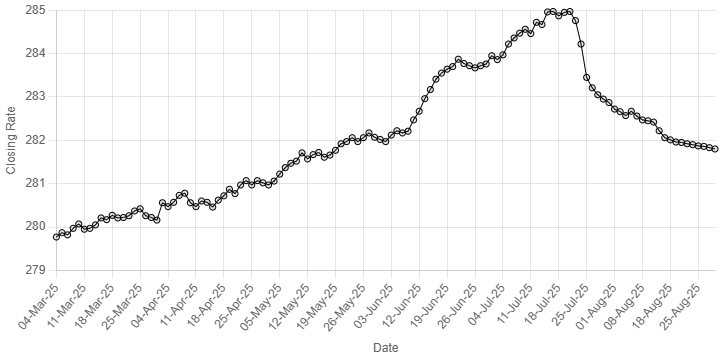

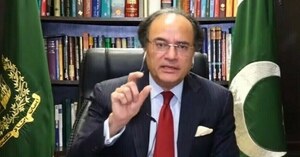


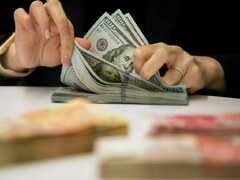

Comments
Comments are closed.